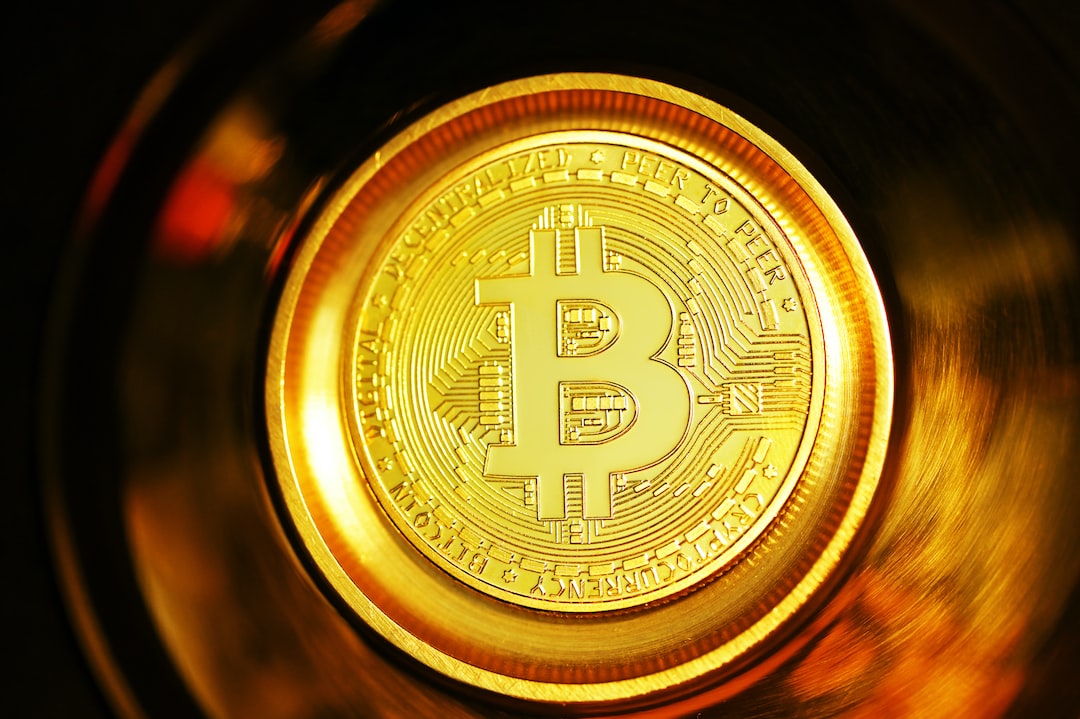Forex, also known as foreign exchange, is a decentralized global market where currencies are traded. It is the largest financial market in the world, with an average daily trading volume of over $5 trillion. Forex trading involves buying and selling currencies with the aim of making a profit from the fluctuations in their exchange rates. In this article, we will delve deeper into the definition of forex and how it works.
The forex market operates 24 hours a day, five days a week, across different time zones. It is divided into three main trading sessions: the Asian, European, and American sessions. The market is open from Sunday at 5 pm EST to Friday at 5 pm EST. Forex trading is conducted through a network of banks, brokers, and other financial institutions, with no central exchange or clearinghouse.
Forex trading involves the simultaneous buying of one currency and selling of another. The value of a currency is determined by its exchange rate against another currency. For instance, the exchange rate between the US dollar and the Euro is represented as USD/EUR. If the exchange rate of USD/EUR is 1.20, it means that one US dollar is equivalent to 1.20 Euros.
Forex trading can be done through different types of financial instruments, including currency pairs, futures contracts, options, and exchange-traded funds (ETFs). The most commonly traded currency pairs are the majors, which include the US dollar, Euro, Japanese yen, British pound, Swiss franc, Canadian dollar, Australian dollar, and New Zealand dollar.
Forex trading can be highly profitable, but it also carries significant risks. The market is highly volatile and can experience sudden and unpredictable movements in exchange rates. Traders can use different strategies and tools to mitigate risks, including stop-loss orders, which automatically close a position when a certain price level is reached.
One of the key advantages of forex trading is its accessibility. It is open to anyone with an internet connection and a trading account. There are also different types of accounts, including demo accounts, which allow traders to practice their skills and test different strategies without risking real money.
Another advantage of forex trading is its liquidity. The market is highly liquid, meaning that traders can easily buy and sell currencies at any time without worrying about liquidity issues. This also means that traders can enter and exit positions quickly, which is essential for taking advantage of short-term price movements.
In conclusion, forex trading is a decentralized global market where currencies are traded. It is the largest financial market in the world, with an average daily trading volume of over $5 trillion. Forex trading involves buying and selling currencies with the aim of making a profit from the fluctuations in their exchange rates. The market is highly accessible and liquid, but also carries significant risks. Traders can use different strategies and tools to mitigate risks and maximize profits.





